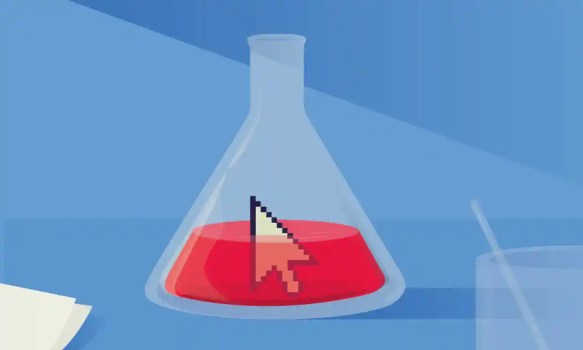Posts Tagged ‘scientific communications’
“I have always imagined that Paradise will be a kind of a Library”*…
Digitization promised to democratize learning, and despite countervailing forces the trend is toward more open access. But is an ‘Alexandria in the cloud’ really an open sesame? The redoubtable Robert Darnton reviews the equally-estimable Peter Baldwin‘s important new book, Athena Unbound- Why and How Scholarly Knowledge Should Be Free for All…
In 1991 the World Wide Web seemed to provide a path to a dazzling future: everyone in the world would be able to communicate, at a minimal cost, with everyone else through the Internet. In 2004 Google promised to make that future even brighter. By digitizing library holdings, Google would create a modern Library of Alexandria: everyone would have free access to all the books in existence. Digitization promised to open up the world of learning to the excluded and the underprivileged, particularly in developing countries. But it touched off an equal and opposite reaction in the form of closed access, paywalls, and monopolies. The world of learning has become a battleground between the opposed forces of democratization and commercialization…
Darnton, who shares Baldwin’s goals of preservation and open access, unpacks the history of digital sharing/lending and of the forces massed to oppose it, and reviews the risks that attach, concluding in the end on a less optimistic (or at least, more complicated) note than Baldwin– a “dialogue” that’s enormously informative.
“The Dream of a Universal Library” (possible paywall; archived link here), from @RobertDarnton.
* Jorge Luis Borges
###
As we accelerate access, we might send exquisitely-curated birthday greetings to Belle da Costa Greene; she was born on this date in 1879. A librarian, she managed and developed the personal library of J. P. Morgan. After Morgan’s death in 1913, Greene continued as librarian for his son, Jack Morgan, and in 1924 was named the first director of the Pierpont Morgan Library.
Her life was a sad comment on access of another sort. Born to Black parents (her father, Richard Theodore Greener, was the first black student and first black graduate of Harvard [class of 1870], who ultimately served as dean of the Howard University School of Law), Greene passed for white. After she took the job with Morgan, she likely never spoke to her father again and listed him as deceased on passport applications throughout the 1910s, despite his being alive until 1922.
“With my tongue in one cheek only, I’d suggest that had our palaeolithic ancestors discovered the peer-review dredger, we would be still sitting in caves”*…
As a format, “scholarly” scientific communications are slow, encourage hype, and are difficult to correct. Stuart Ritchie argues that a radical overhaul of publishing could make science better…
… Having been printed on paper since the very first scientific journal was inaugurated in 1665, the overwhelming majority of research is now submitted, reviewed and read online. During the pandemic, it was often devoured on social media, an essential part of the unfolding story of Covid-19. Hard copies of journals are increasingly viewed as curiosities – or not viewed at all.
But although the internet has transformed the way we read it, the overall system for how we publish science remains largely unchanged. We still have scientific papers; we still send them off to peer reviewers; we still have editors who give the ultimate thumbs up or down as to whether a paper is published in their journal.
This system comes with big problems. Chief among them is the issue of publication bias: reviewers and editors are more likely to give a scientific paper a good write-up and publish it in their journal if it reports positive or exciting results. So scientists go to great lengths to hype up their studies, lean on their analyses so they produce “better” results, and sometimes even commit fraud in order to impress those all-important gatekeepers. This drastically distorts our view of what really went on.
There are some possible fixes that change the way journals work. Maybe the decision to publish could be made based only on the methodology of a study, rather than on its results (this is already happening to a modest extent in a few journals). Maybe scientists could just publish all their research by default, and journals would curate, rather than decide, which results get out into the world. But maybe we could go a step further, and get rid of scientific papers altogether…
A bold proposal: “The big idea: should we get rid of the scientific paper?,” from @StuartJRitchie in @guardian.
Apposite (if only in its critical posture): “The Two Paper Rule.” See also “In what sense is the science of science a science?” for context.
###
As we noodle on knowledge, we might recall that it was on this date in 1964 that AT&T connected the first Picturephone call (between Disneyland in California and the World’s Fair in New York). The device consisted of a telephone handset and a small, matching TV, which allowed telephone users to see each other in fuzzy video images as they carried on a conversation. It was commercially-released shortly thereafter (prices ranged from $16 to $27 for a three-minute call between special booths AT&T set up in New York, Washington, and Chicago), but didn’t catch on.







You must be logged in to post a comment.